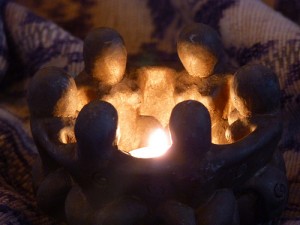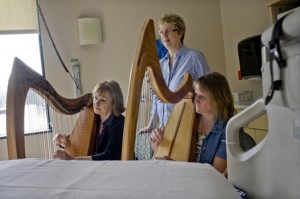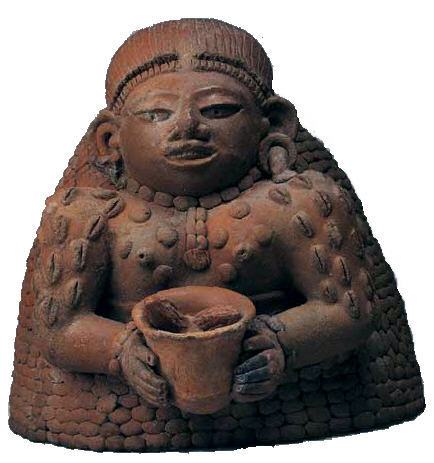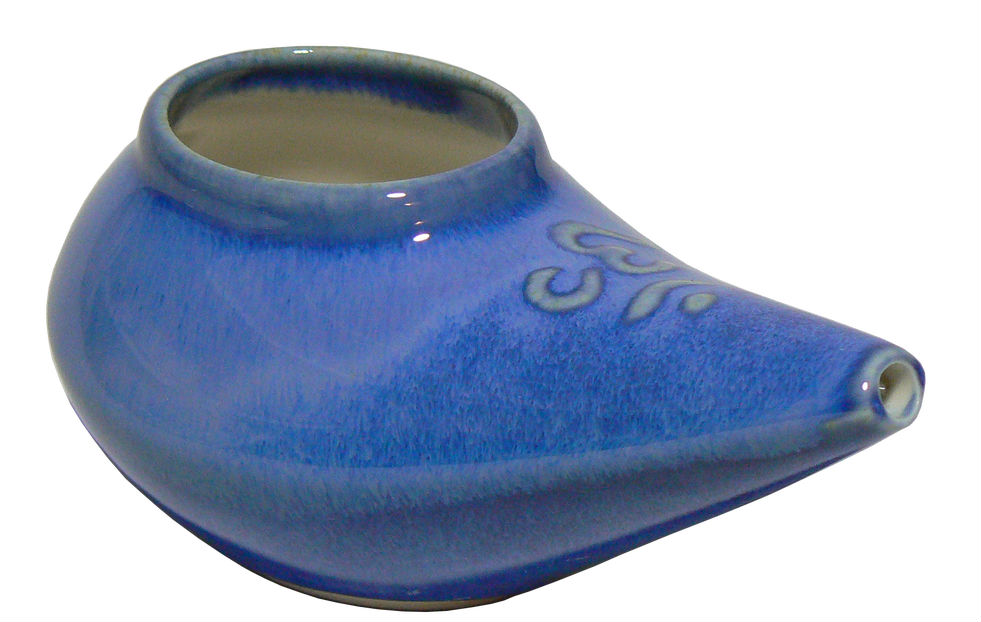 In the past 9 years, I’ve been volunteering with those who are dying. I’ve learned much about the process of “letting go.” After all of these experiences, I can tell you that there is nothing more sacred than having the privilege to witness for someone as they leave this existence.
In the past 9 years, I’ve been volunteering with those who are dying. I’ve learned much about the process of “letting go.” After all of these experiences, I can tell you that there is nothing more sacred than having the privilege to witness for someone as they leave this existence.
Practicing Massage Therapy for 28 years, I find that its practice enters many of the places in my life where I don’t do “hands on” work. I use many of the modalities that I have learned through the years in my everyday life without ever thinking about it.
My work with those who are dying is one of those places.
Holding Space
One of my favorite things to say to friends and clients is that I became my best as a massage therapist when I learned to leave my ego out of the equation and to be fully present for the client and/or friend. In my specialty, Cranio-Sacral Therapy (CST) you are encouraged to “stay neutral” with the client and let their body needs guide your work.
I find this same rule applies in the volunteer work I do with those who are dying — holding space for them, allows them the freedom to move on peacefully.
That’s because I’ve learned that the best support you can give, not only a dying person, but every other person present in this moment is your neutral supportive self. No agendas, no expectations, you “read” the room and behave accordingly. Sometimes gently supportive touch is appropriate, but often it’s not necessary.
Listening with Your Feelings and Intuition
One great teacher comes to mind in my journey, not for what she taught me in technique, but what she had to offer in her ability to provide each student with what they needed. She held the energy in the room beautifully, taking each of us into account, while still giving us her knowledge. She was a remarkable teacher, healer, and being.
I believe that the most valuable thing I’ve learned has been to hold the psychic energy of each person at a death.
You don’t have to physically touch someone to “know” what they need. If you listen to your inner knowing, you can truly be present in exactly the way they need you to be. My massage clients often say to me, “how is it that you know exactly where to go EVERY time I come in?” and I always answer that I stopped arguing with my hands a long time ago because the always know where to go. It is not that different with the person that is dying, there is a specific need that each person has when transitioning from this world and it is the job of the people who are assisting them to be as neutral and present as they can be.
Sacred Flight: Music for the Soul
There are many ways in which to hold space for someone else, one group in Portland called Sacred Flight, a group of music-thanatologists (thanatology is the scientific study of death) uses their instruments in practice for end of life care. They describe their work as such: “Music-thanatology is a palliative care modality that unites music and medicine in end of life care. The music-thanatologist brings harp and voice to the bedside, meeting fear, discomfort, and suffering with the therapeutic qualities of music.”
I’ve had the pleasure of attending their concerts and witnessing their demonstrations, where they showed exactly how they work. These gifted guides “read” the patients rhythm (breathing, heart beat, eye movements, etc.) and then create music to match what the patient is feeling, helping them to ease into a more peaceful, receptive state, staying with the patient until they pass. It is truly beautiful.
The work I do with people at the end of their lives and as a massage therapist overlaps, as do the skills I’ve honed from both into my private life. In learning to hold the space, in reserving judgement and allowing another to just be in my presence, freely and fully, I have learned some of life’s greatest lessons. No matter how tough some may think the work of aiding the dying may seem, I feel that somehow I’ve always gotten back as much as I gave.
We hope you will be inspired to try holding a little space for someone in your life and see what blooms. If you do, drop us a comment below and tell us about your experience We’d love to know what it felt like for you and what you learned.



